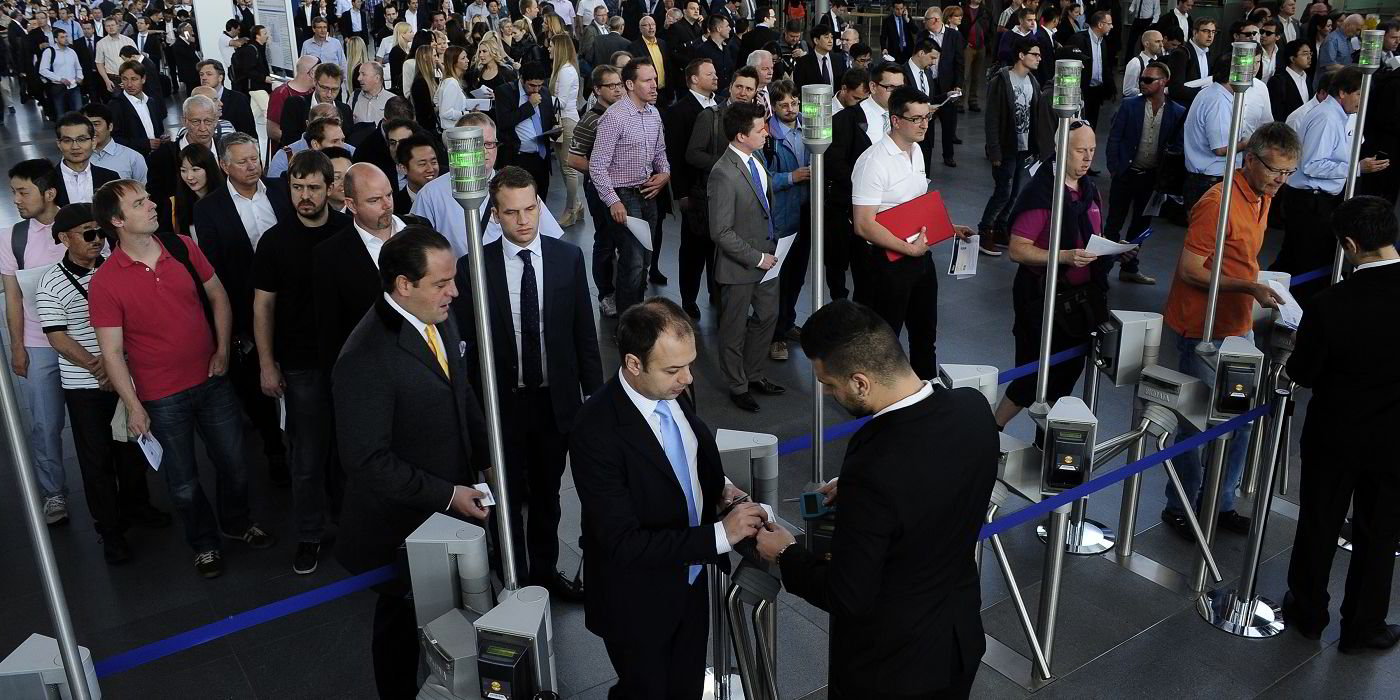The global market has developed positively in the past months, making growth of about 20% this year feasible, the managing director of Germany's solar industry federation, BSW, told the fair's opening press conference.
"The market drivers clearly are Asia and North America," Körnig said.
Japan and China account for a huge share of the global market, he added, and further important additions are also to be expected in the US, while markets such as India are starting to take off.
The BSW expects the global PV market to expand by 45-50GW this year.
Europe's market, however, is shrinking, Körnig pointed out, but could stabilise at around 10GW a year, and possibly recover somewhat next year due to new business models and an increasing independence from support programmes.
Körnig put the slowdown in Europe into perspective, though, pointing to the higher penetration of solar as a share of overall electricity generation, led by Italy, with 7.8% of demand met by PV, followed by Germany and Greece (6% each) – percentages far superior to those of current solar champions China, Japan and the US.
Still, Körnig said the BSW is puzzled at how Germany lets "others reap the fruits" that Germany planted with its pioneering large-scale expansion of PV.
"Now that we [in PV] have become cheap, they massively put on the brakes," he said.
PV additions in Germany from January to April were 45% lower than in the same period last year, prompting the BSW to expect total additions in the range of only 2GW this year.
"The reason for that, unfortunately, lies in the not so reliable framework conditions. Cuts to support were twice the decrease in the fall of system costs," Körnig explained.
German feed-in tariffs for PV have been going down rapidly since a legislative change in 2012 and now range between €0.09 ($0.12) and €0.13 per kWh of electricity generated by smaller rooftop systems.
New installations have also been held back by government plans to slap a levy on self-produced solar energy, which the BSW calls a "solar tax". The levy is part of a change to the Renewable Energies Act that is being debated in parliament.

